Using historical scholarship
There is a long tradition of history teachers using historical scholarship whether to shape their enquiry questions using real questions that academic historians pursued, to gain new knowledge for enriching lessons or simply to keep inspiring the passion that fired their first love of history so that they can display it to pupils in the classroom itself. A tradition within this is the curriculum component ‘Interpretations’ - a sustained fixture of England’s national curriculum for history since 1991 which has spawned its own tradition of shared practice, research and debate. If you want to find out specifically about ‘Interpretations of history’, where there will be much reference to historical scholarship, go to Interpretations. Read more
-

Anything but brief: Year 8 students encounter the longue durée
ArticleClick to view -
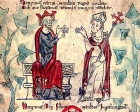
Polychronicon 170: The Becket Dispute
ArticleClick to view -

‘This extract is no good, Miss!’
ArticleClick to view -

Reading? What reading?
ArticleClick to view -

Triumphs Show 167: Keeping the 1960s complicated
ArticleClick to view -

Cunning Plan 167: teaching the industrial revolution
ArticleClick to view -

Are historical thinking skills important to history teachers?
ArticleClick to view -
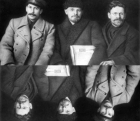
Historical scholarship and feedback
ArticleClick to view -
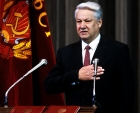
Polychronicon 164: The End of the Cold War
ArticleClick to view -

Effective essay introductions
ArticleClick to view -

Triumphs Show 164: interpretations at A Level
ArticleClick to view -

Promoting rigorous historical scholarship
ArticleClick to view -

Polychronicon 163: Europe: the longest debate
ArticleClick to view -
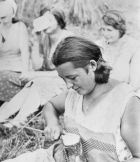
Shaping the debate: why historians matter more than ever at GCSE
ArticleClick to view -
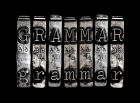
Does the grammatical ‘release the conceptual’?
ArticleClick to view -

Year 8 and interpretations of the First World War
ArticleClick to view -

Using nominalisation to develop written causal arguments
ArticleClick to view -

Move Me On 162: Reading
ArticleClick to view -
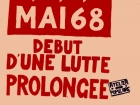
Polychronicon 162: Reinterpreting the May 1968 events in France
ArticleClick to view -

Polychronicon 161: John Lilburne
ArticleClick to view

